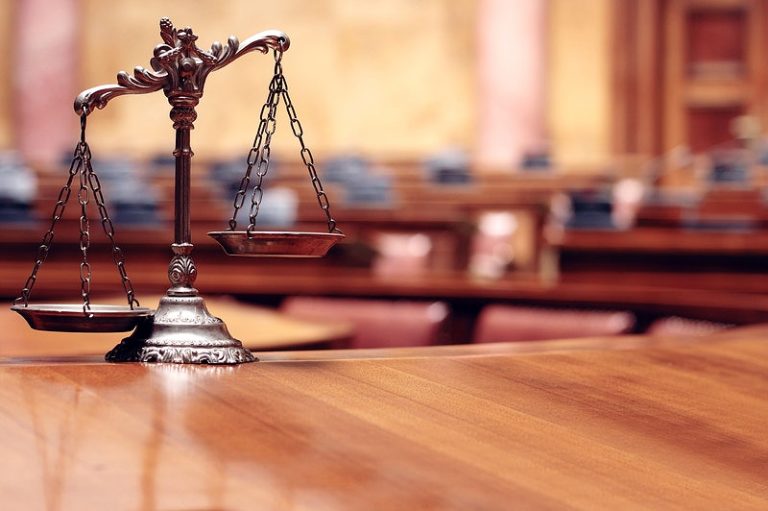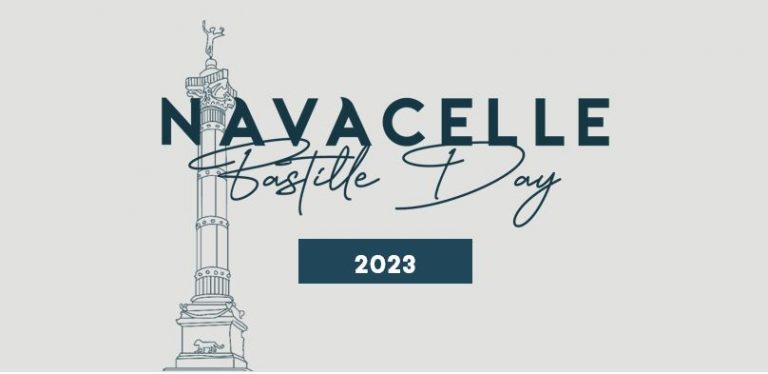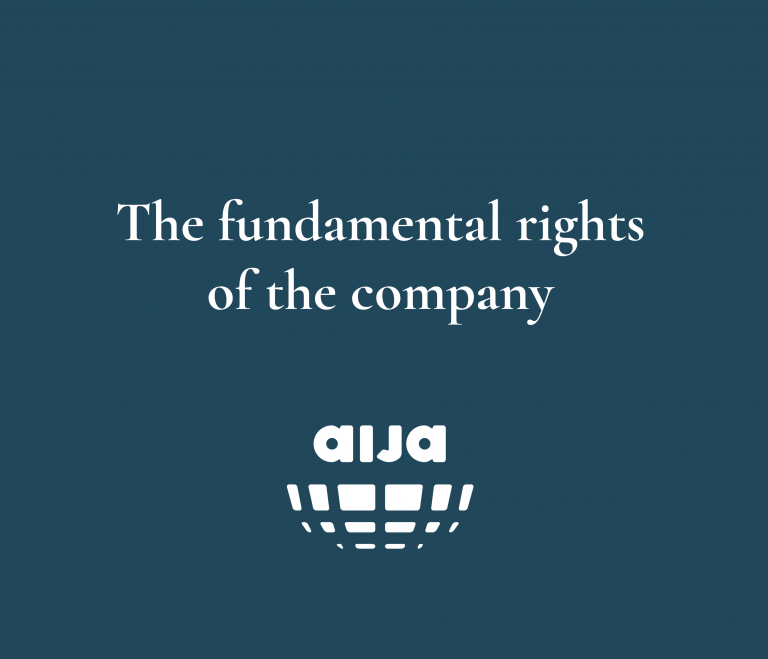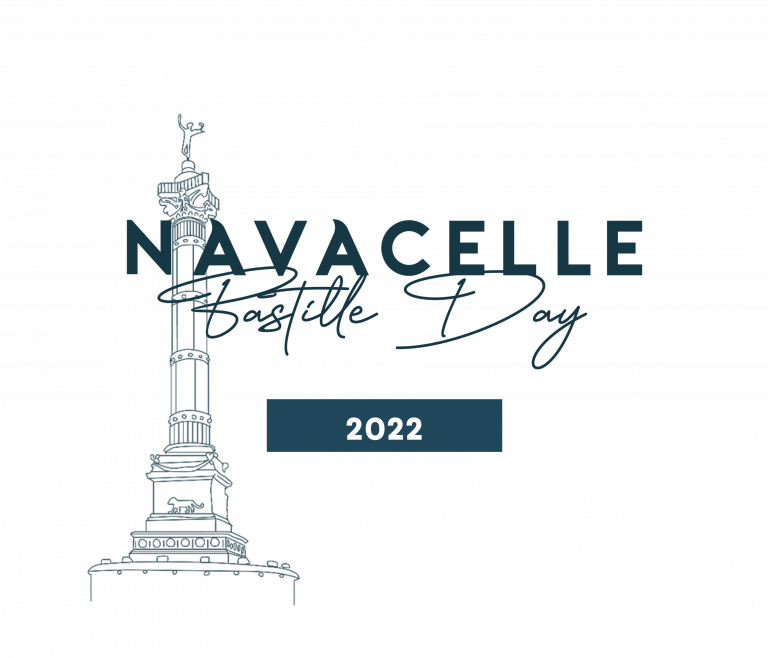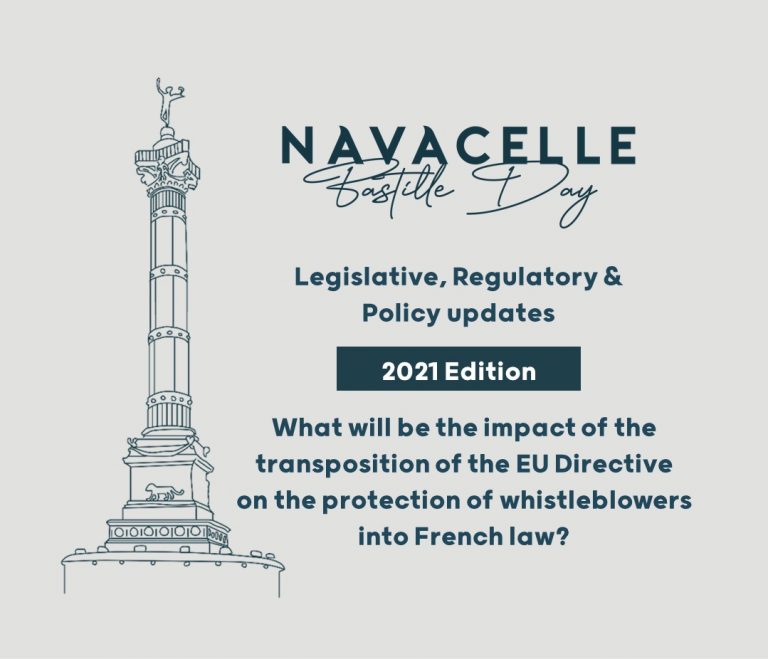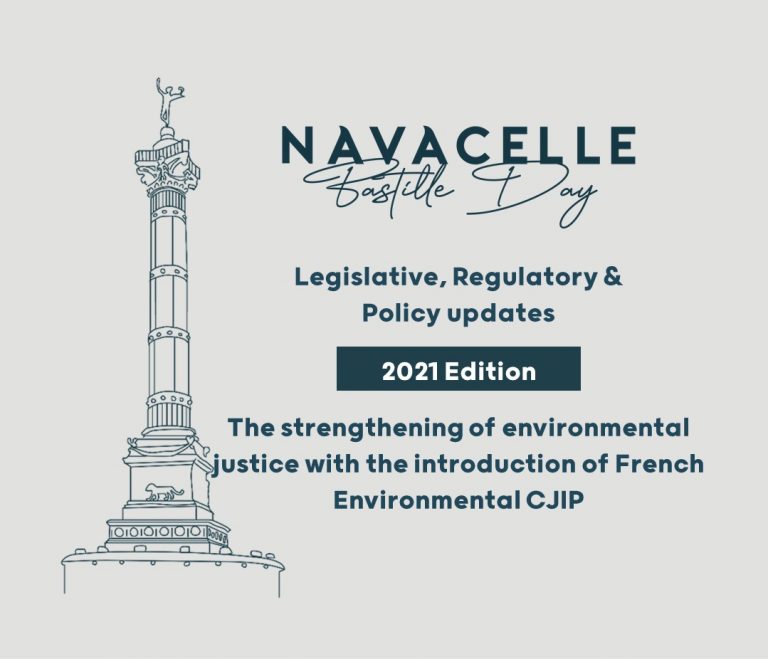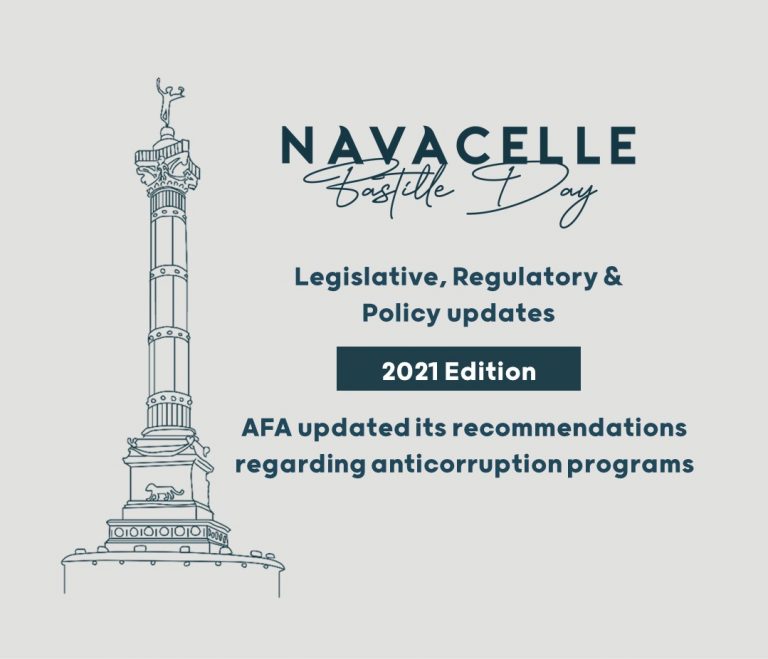I. The impact of Covid-19 on administrative law
On March 23, 2020, the bill proclaiming a state of public health emergency was passed in the French National Assembly. It sets out additional governmental powers, the enforcement of regulatory measures and the limitation of civil liberties in order to counter Covid-19 on French soil.
Article L.3131-1 of the French Public Health Code has always provided that the Minister of Health is to take any measure that is appropriate and proportionate to the risks involved to prevent and limit health risks for the population. Those powers can also be delegated to local government officials to address health emergency situations.
The Minister of Health has extensive powers to take both tangible and intangible measures (e.g. distribution of health products, campaigns to inform on health issues and prevent risks) or regulatory and individual restrictive measures. These range from the isolation of sick individuals to the limitation of civil liberties (e.g. prohibition of public gatherings, lockdown restrictions).
The Minister of Health alone is competent to appreciate the degree of emergency and designate the necessary responsive measures. In this, the state of public health emergency is very different to the state of emergency – the latter having to be declared by the Council of Ministers and extended by the Parliament.
The measures taken by the Minister of Health are periodically reviewed by the High Council for public health however, and measures no longer deemed necessary are to be removed immediately.
Administrative tribunals also verify whether measures taken are strictly necessary, proportionate and adapted to the situation. Local government officials can only take measures that are equal to or more stringent than higher regulations.
The law on the state of public health emergency has established a new chapter in the Public Health Code. It sets out broad powers attributed to the Prime Minister and the Minister of Health, which must also be strictly appropriate and proportionate in light of circumstances at the time of the decision and to be lifted when no longer necessary.
Those measures include but are not limited to restricting the circulation of individuals and vehicles and civil liberties, prohibiting public gatherings and individuals from leaving their home except when strictly necessary, enforcing quarantine measures, closing venues, controlling prices of goods and requisitioning all goods and services that can assist in remedying the emergency.
Accordingly and pursuant to the law and other provisions of the Public Health Code, decrees were taken by local government officials to restrict public gatherings, temporarily close schools and enforce hygiene and social distancing measures.
With great power, there must also come great responsibility: the Prime Minister, the former Minister of Health and the current Minister of Health are all subject to several criminal complaints due to their alleged mismanagement of the Covid-19 crisis. Plaintiffs argue that they voluntarily abstained from taking the necessary measures that were at their disposal and that could have prevented or mitigated the crisis.
Administrative tribunals are also free to sanction the government should it be proven that it failed to take the necessary measures that could have been taken considering its awareness of the potential risks at stake.
In this case, the statement made by former Minister of Health Agnès Buzyn regarding the government’s inability to prevent the upcoming crisis could be used by a judge to determine that the government failed to take appropriate measures.
II. The impact of Covid-19 on human rights
Following the declaration of the state of public health emergency on account of Covid-19, the French government was provided with additional powers to minimize the consequences of the crisis. Some of these measures impact civil rights however, ranging from habeas corpus to the right to life, to dignity, to privacy and to freedom of expression.
A union of medical practitioners referred to the right to life when requesting the administrative Court to order more stringent lockdown measures, e.g. prohibition of all public transport and non-essential activities, such as groceries. The Court refused most of these requests because it considered that France did not have the means to alleviate the prohibition of all activities. The government was not found guilty for having failed to test the entire population for the virus because it considered that the tests were scarce at the start of the pandemic. The request for clarification of the lockdown exceptions was granted however – French citizens are expressly permitted to leave their homes under condition that they do so for a designated purpose (e.g. groceries, specific jobs, medical visits, exercise within close range).
The question of whether the right to dignity is in jeopardy has been brought to the fore since the lack of respiratory engines and dedicated hospital beds has led to governmental guidance based on patient health and age has been issued and dedicated advisors have been designated for doctors to decide which patients to treat as priorities. Furthermore, while French law usually allows for patients to make an informed choice as to treatment, a governmental decree provides that the experimental chloroquine drug is now to be reserved for hospital patients. A union of medical practitioners has requested that this decree be repealed and that this drug – which should be taken preventatively – be administered to a wider group of patients. This request has been rejected by the administrative court until further European tests on the effects of the treatment have been conducted.
With respect to the right to privacy, telecom companies have declared that they will share anonymized data with the European Commission to enable the tracking of the contagion. This has already occurred in France, where telephone data helped determine that 17% of the inhabitants of Paris region left before the lockdown. A Committee has been established to implement a backtracking set-up, using anonymized location and health data.
Finally, freedom of expression has been limited by the duty imposed on medical practitioners working for public hospitals in France to be discrete about what they are witnessing and their working conditions. Freedom of expression is further limited by government communications. A complaint has been issued by medical practitioners against the government for endangering the population by their declarations. It is argued that the government led to contaminations by stating that masks were inefficient and dangerous to cover up the lack of masks. Moreover, while social media platforms have vowed to limit fake news about the coronavirus, the Facebook algorithm that is allowed to free-roam has been accused of censorship. Differing from other countries such as Thailand for instance, France has not as of yet implemented legal sanctions against issuers of fake news.
III. The impact of Covid-19 on labor law
The French Labor Code has undergone temporary liberalization in the context of Covid-19 and the state of public health emergency, in order to support companies and employees through the crisis and its consequences.
An employer may require an employee to take leave during the lockdown, but only after a company or branch agreement. The dates of days of reduced working time may be imposed or modified unilaterally by the employer however, without having recourse to a collective agreement.
With respect to the waiting period, for the entire duration of the health emergency, employees in both the private and public sectors will be fully compensated from the first day of their leave, regardless of their compulsory regime.
Certain categories of employers may be exempt from the rules of ordinary law governing working time. Indeed, for sectors considered particularly necessary for the security of the nation or for the continuity of economic and social life (e.g. transport, telecommunications, logistics and agriculture sectors), it will be possible to employ labor for a maximum of sixty hours. Companies operating in these same strategic sectors will also be able to mobilize their teams on Sundays to provide seven days a week service, during peak hours.
Article L.4131-1 of the French Labor Code provides that workers must immediately alert their employers to any work situation which they have reasonable grounds for believing presents a serious and imminent danger to life or health and of any defect in the implemented health and safety measures. The Labor Ministry specified a situation in which an employer does not implement the government’s recommendations relating to Covid-19 amounts to a reasonable cause to believe that a worker is in serious and imminent danger.
The rights to unemployment benefits are extended for all jobseekers who have exhausted them during the month of March.
Recourse to temporary lay-offs have been facilitated as of March 26, 2020 and to the placement of employees on partial unemployment since March 1, 2020.
IV. The impact of Covid-19 on contract law
The Minister of Economy and Finance, Bruno Le Maire, announced on February 28, 2020 that the coronavirus epidemic was to be considered as “a case of force majeure for the companies”. This declaration is limited to “government procurement contracts” however and does not qualify the coronavirus epidemic as an event of force majeure justifying the non-performance of all contractual obligations under private law.
This poses the question of under which circumstances it is possible to argue a case of force majeure to justify the impossibility to honor a contract and avoid the penalties related to non-performance.
Article 1218 of the French Civil Code defines force majeure as “an event beyond the control of the debtor, which could not reasonably have been foreseen at the time of the conclusion of the contract and of which the effect cannot be avoided by appropriate measures, prevents the performance of an obligation by the debtor.” The event must therefore be external, unforeseeable and irresistible to the other party. French case law shows that the courts do not always regard epidemics as constituting a case of force majeure, due to the lack of sufficient seriousness or availability of treatment.
By transposing the existing case law to Covid-19, it is reasonable to think that once the government or the World Health Organization has declared the existence of an epidemic, or a fortiori a state of public health emergency, it becomes an event of sufficient gravity likely to be qualified as force majeure.
The consequences of the Covid-19 crisis, namely the decisions taken by public authorities to limit the free movement of persons, are likely to be considered as a force majeure event as they constitute an insurmountable obstacle to the performance of contractual obligations. Thus, the confinement of a debtor of a contractual obligation (e.g. with respect to delivery of goods and services) could in principle justify recourse to force majeure if the effects of the event at the origin of the damage could not be mitigated by appropriate measures.
The Colmar Court of Appeal, having retained the qualification of force majeure for Covid-19, recently held that the epidemic could justify the absence of the asylum-seeker at the hearing.
Judges are reluctant however to admit force majeure to justify non-performance of a monetary obligation, on the ground that money is fungible and not irreplaceable. The Court of Cassation has ruled, inter alia, that “the debtor of a contractual obligation to pay a sum of money that has not been performed cannot be exonerated from this obligation by invoking a case of force majeure”. Where performance of a monetary obligation is thereby not impossible but only made more difficult by an event, force majeure cannot be accepted.
Nonetheless, the loss of turnover due to an epidemic is rarely covered by insurance contracts. In most insurance contracts, business interruption is covered only if it is the result of material damage, resulting from certain events listed in the insurance policy (e.g. fire, water damage, storm). An epidemic does not appear to create material damage. Businesses are thus likely to find themselves without compensation for interruption resulting from Covid-19. Even for those companies that have subscribed to a “no-damage” business interruption insurance, the coverage must include epidemic-related losses and Covid-19 must not be excluded by a specific clause.
A case of force majeure shall in principle lead to suspension of the contract and cannot exonerate the debtor from liability for a contractual obligation. The law states that if the impediment to performance is temporary, performance of the obligation is simply suspended. If however, the impediment is permanent or if the delay in performance renders performance of the contract unnecessary, the contract is terminated.
In application of a general principle of freedom of contract, a force majeure clause may specify its own definition and effects. In this case, the parties may stipulate that even in the event of force majeure, the contractual stipulations shall continue to apply. Debtors may thus agree to waive their right to force majeure and remain responsible for the performance of the contract despite an arising case of force majeure.
The parties may also renegotiate the contract when a change in circumstances unforeseeable at the time of conclusion of the contract makes performance excessively onerous for a party who had not agreed to assume the risk, a mechanism provided for in Article 1195 of the French Civil Code. If renegotiation fails, the parties may decide to terminate the contract or submit it to the judge, who will proceed to its revision. Until the judge has ruled, the parties are obliged to apply the contract in all its provisions. Here again, this mechanism may also be subject to contractual adjustment.
V. The impact of Covid-19 on criminal law
The state of public health emergency was accompanied by sanctions, in order to enforce the emergency measures, early release to avoid contamination clusters in prisons and measures to adapt criminal proceedings to the courts’ reduced activity.
The lockdown was first set in motion by decree, issued by the Minister of Health on March 14, 2020. This was followed by the enactment of the bill on the state of public health emergency and the enforcement of measures taken by the Prime Minister. The amended provisions of the Public Health Code set out different sentences applicable to violations of the public health emergency measures.
Government authorities have the power to requisition all goods and services that are deemed to be necessary in order to fight the epidemic. A six-month sentence has been introduced for violations of the requisitions and a 10,0000 euro fine.
Individuals who violate other measures set forth in application of articles L. 3131-1 and L. 3131-15 through L. 3131-17 of the Public Health Code, are liable of a fine of up to 750 euro, which can be reduced to 350 euro. In case of a second violation occurring within a 15-day period, the fine is increased to 1,500 euro. In case of a third violation occurring within a 30-day period, individuals face up to 6-month jail sentence and a 3,750 euro fine. On account of the jail term, authorities are thereby allowed to place suspects in custody. The jail term also opens the door to fast-track criminal proceedings.
One of the government’s priorities was to avoid clusters in prisons. In two weeks, nearly 5% of the prison population benefited from early release measures. The number of prisoners dropped by nearly 4,000, which facilitated cell confinement measures for sick prisoners.
Prisoners sentenced to a term of up to five years’ imprisonment, with a remaining period of detention of up to two months, can now benefit from early release in the form of house arrest – with the exclusion of those convicted of terrorist acts, offences committed against a spouse, collective offences likely to compromise the security of establishments or disrupt public order, or offences contrary to the rules of good citizenship in the context of health and security.
Article 13 of Order No. 2020-303, 25 March 2020, provides that a person in custody or heard may speak to a lawyer, or be assisted by him remotely.
Should a doctor diagnose a person in police custody with Covid-19 symptoms, making that person’s condition incompatible with the measure, police custody would have to be lifted as soon as possible. Failing this, continued police custody would necessarily be detrimental to the person’s interests.
The French Decree n° 2020-303 of 25 March 2020, also modifies the procedural rules governing hearings.
The statute of limitations is suspended from March 12, 2020 to one month after the end of the national health emergency, i.e. as of now, June 24, 2020. Should an act interrupting the statute of limitation occur during this period, the full extent of the statute of limitation will run anew once the suspension is over, as long as it constitutes a due delay violation under article 6 of the ECHR. Moreover, procedural time-limits are also doubled. The decree remains unclear however in that it is not supposed to apply to measures taken before its enactment, in application of the non-retroactivity in pejus principle, but provides for its application from March 12, 2020.
The decree provides that hearings can be led by only one judge should the president of the court choose to proceed in this manner. In France, collegiality of decision is not a fundamental principle and so derogations are possible as long as it does not lead to inequality before law.
The decree provides that hearings and rulings can be closed to the public should the president of the court decide it. In France, while the debate can be held in the form of a closed hearing, rulings are always to be given publicly pursuant to the Procedural Code at the risk of being voidable.
The use of videoconferencing is generalized before all criminal courts without the need to obtain the agreement of the parties, save for felony courts. Established by the Law of November 15, 2001 to be used in the context of anti-terrorist proceedings, videoconferencing was generalized by the Law of March 23, 2019, that required the prior consent of the person concerned. This law did not set any objective criteria to justify the recourse to videoconferencing, other than the needs of the investigation or the need resulting from the impossibility for an interpreter to travel. First authorized for hearing, questioning or confrontation, it was gradually extended to all phases of the criminal trial including investigations and judgment.
The new decree further extends the use of audiovisual means of telecommunication by depriving the person concerned of the possibility of objecting to the use of videoconferencing. The question arises as to whether the new provisions comply with the 2018 Constitutional Court ruling stating that the recourse to videoconferencing must be justified by the specific circumstances and offer procedural guarantees. It can be argued that the circumstances resulting from the state of health emergency and its limited duration could justify the use of videoconferencing without the agreement of the persons concerned, provided that the right to a fair trial and the existence of procedural guarantees are respected. It is necessary however to ensure that these measures do not remain post-pandemic.
